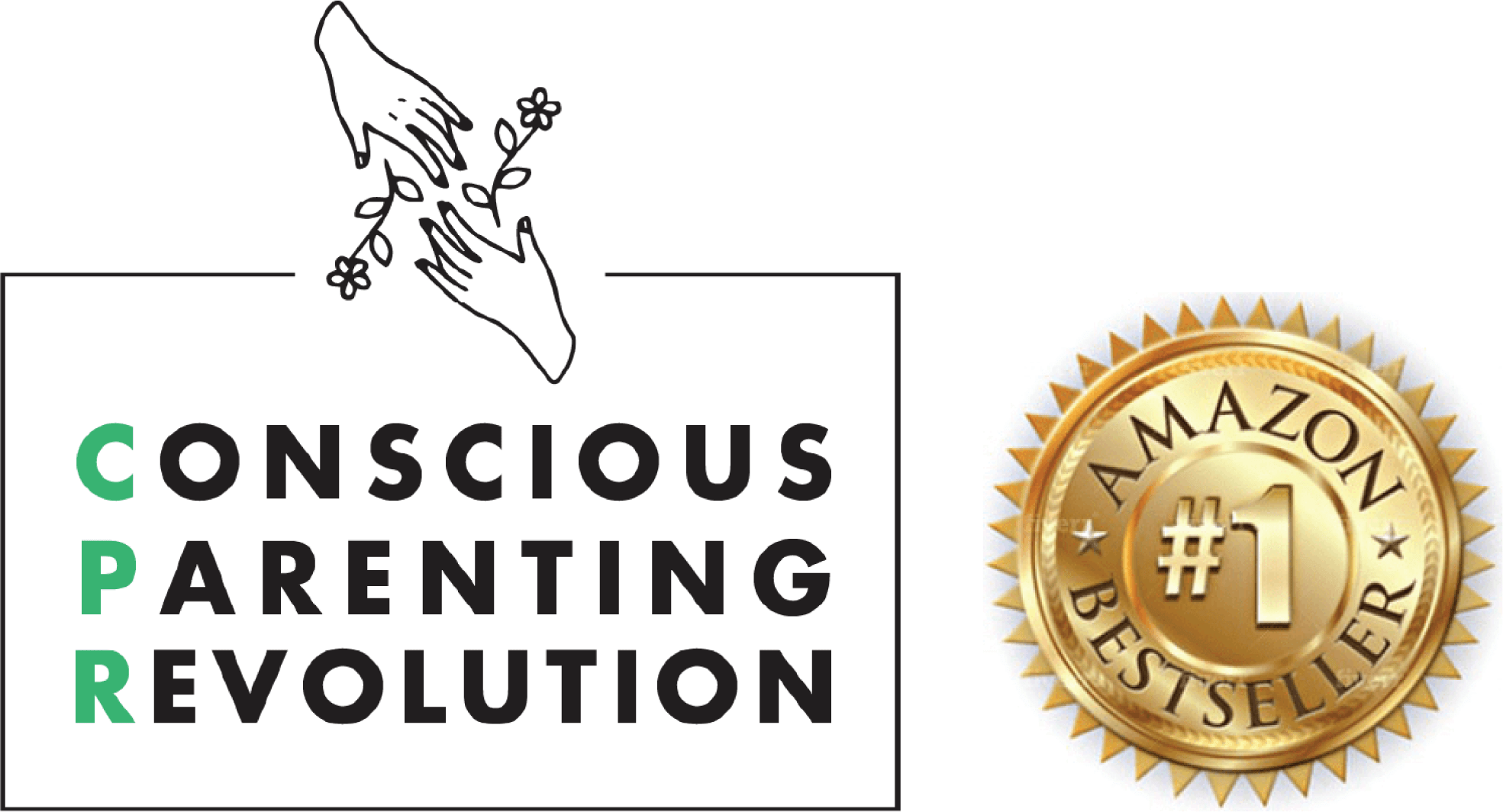Hello, Conscious Parent! This is the first installment of “Dear Katherine,” a letter written in response to a real-life question from an anonymous parent/caregiver. If you’d like to submit a question of your own, email me at katherine@consciousparentingrevolution.com.
My teenage son had a massive falling out with my husband, his stepfather. My husband was triggered by my son’s actions, and the whole thing escalated into a fever pitch. Now my son refuses to talk to his stepfather, and my husband refuses to apologize. What do I do? How can I help repair the damage and find a way to move forward?
– Caught in Between
Dear Caught in Between,
It sounds like there’s more than one culprit in this story. Your husband was triggered by something your son said, and your son escalated events by reacting to his stepfather’s heightened emotions. Both of them seem to have felt attacked; and both of them were also the attacker.
The first step to healing any wounded relationship is to apologize. But your child shouldn’t be the only one expected to say sorry—your husband has to do so, too.
One of the most common and long-held beliefs I’ve come across in my career as a parenting coach is that adults should never have to apologize to children. This belief assumes that adults are perfect (which we all know we’re not) and never to blame for a household argument.
But refusing to admit wrongdoing tells your kid that they’re not important enough to receive an apology, that perhaps their feelings are insignificant. Children are humans too! And as their caregivers, it’s our responsibility to recognize when we’ve hurt them and to make things right.
Caught in Between, explaining to your son and your husband that they both have to apologize falls to you. I know you weren’t a part of this mess to begin with, but you do have the ability to facilitate and lead your family members to reconciliation.
Find some time to talk with your husband about the Guidance Approach to Parenting, a method founded in principles of compassion and empathetic listening instead of obedience and compliance. Tell him how it’s helped you have a better relationship with your son.
Talk to your son. Tell him that his stepfather is a product of generations worth of traditional parenting hard-wiring and that kind of conditioning can be hard to break. Explain to him that as his mother, you’re trying your best to change old patterns, but it’s a work in progress and nobody’s perfect.
At the end of the day, Caught in Between, connection is more important than being right. Nobody is right or wrong. Apologizing is about admitting that your actions hurt another person, so that you can find a way to balm the hurt and move on as a family.
Love and Blessings,
Katherine
P.S. For more tips on how to handle discord in the family, listen to my interview “How to Resolve Family Conflicts” with Mindful Mama podcast host, Hunter Clarke-Fields.









